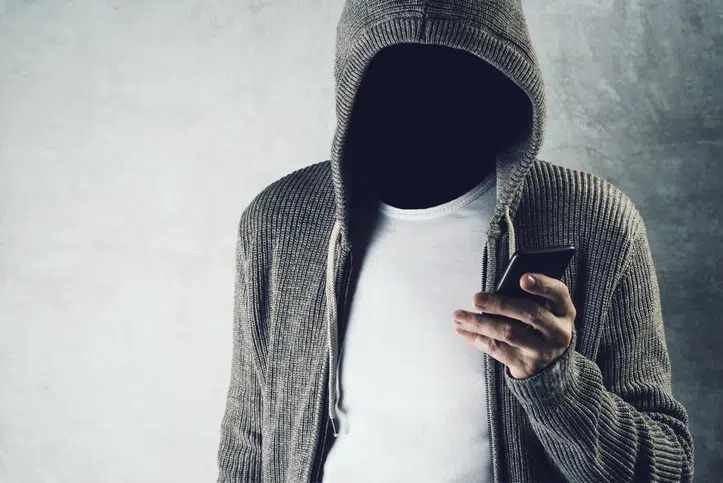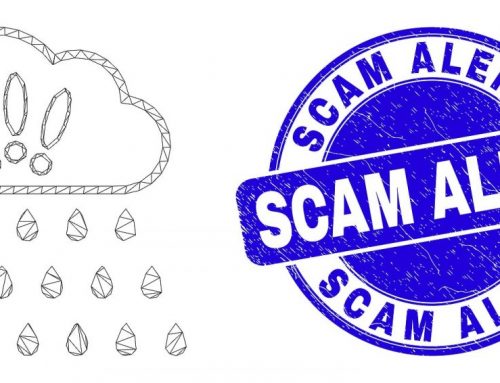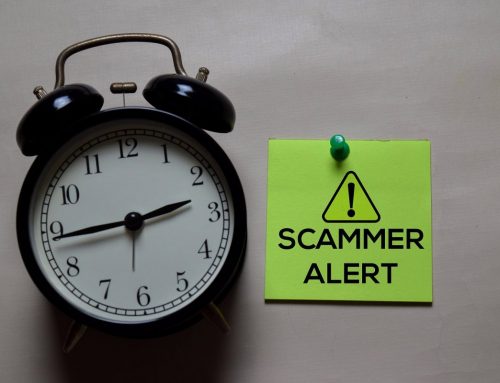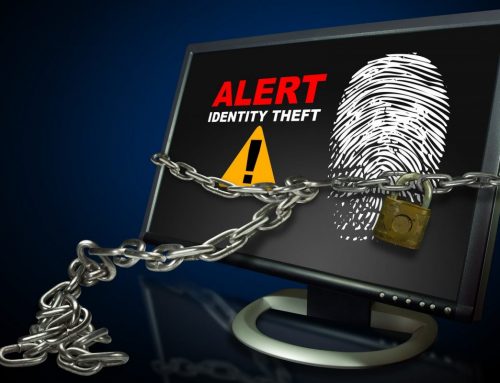Hackers who either commit identity theft or sell consumer data to identity thieves are more sophisticated than ever. Just look at the Equifax security breach of 2017 that exposed personal data belonging to over 125.5 million Americans (including more than two million Minnesota consumers. Nowadays, hackers and identity thieves keep up with the latest in security innovations. Therefore, it is increasingly difficult for companies and consumers to keep their information safe. However, consumers in Minnesota can fight back against hackers and identity thieves by taking a few strategic actions.
The Top Five Ways that Minnesota Consumers Can Protect Themselves from Hackers and Identity Thieves in the New Year
If you use computers, smartphones, and tablets, it takes extra effort to keep your data safe from hackers and identity thieves. However, when Minnesota consumers realize that their finances and credit scores are on the line, they know that their safety is worth a few inconveniences.
Here are the top five things that you can do to avoid becoming the next victim of identity theft in Minnesota.
Use stronger passwords, and change them frequently.
The most popular password among Minnesota consumers in 2016 was “123456.” And “password” was in the top ten. Clearly, these are bad choices. However, including personal items like birthdates, pet and children names, or favorite sports teams is also not ideal. Unfortunately, if a hacker looks at your social media pages, they can guess passwords that reflect your personal life. Instead, choose random letters, numbers, and symbols. Then, change all passwords on a monthly basis.
Implement two-factor authentication.
Consumers in Minnesota should take advantage of the fact that many companies now offer two-factor authentication for online accounts. With this service, you type your password into the login field. Then, you receive a text message or email containing a randomized verification code. This code allows finally you to login to your account, and you can only use it once.
Avoid oversharing on social media platforms.
Obviously, no one in Minnesota should post pictures or status updates that reveal sensitive information. In addition, location services can also leave you vulnerable. Remember that not all thieves are hackers, and some may want to break into your home while you are away. Therefore, if you’re constantly “checking in” at places while on vacation, would-be thieves can clearly see that your home is unattended. Of course, if you can’t resist the urge to post your whereabouts, at least make sure to engage strict privacy settings on all of your social media accounts.
Make yourself “ransom-proof.”
Sadly, hundreds of Minnesota residents get victimized by ransomware every day. Ransomware is a type of malware that hackers install on electronic devices (usually through phishing schemes). Once in place, this ransomware can shut down a consumer’s entire system. In the worst cases, Minnesota victims cannot access any of their phone or computer files unless they pay the hacker ransom. In order to make yourself less vulnerable to ransomware, back up all of your files on an encrypted, password-protected external drive. Also, if you are the victim of ransomware, don’t pay what the hacker demands. Contact a resolution expert instead.
Regularly check your financial statements and credit reports.
No matter what consumers in Minnesota do to keep their information safe, sometimes identity thieves still manage to steal their data. Yet, you can minimize identity theft damage by catching breaches quickly. So, check your bank and credit card statements (online) at least once a week – daily, if possible. Monitor these statements for suspicious activity, and contact your bank or credit card provider the minute you spot an unauthorized transaction.
As for your credit reports, you should review these at least once every 12 months. This is how often the Fair and Accurate Credit Transactions Act (FACTA) entitles Minnesota consumers to request a free copy of their credit reports from each of the major credit bureaus. Here’s a pro tip: You can easily request credit reports from TransUnion, Equifax, and Experian all at once on www.annualcreditreport.com.
If, while going over your credit reports, you spot bogus transactions and fraudulent accounts, file a police report immediately. You will need a copy of this police report later, when repairing the credit report damage caused by identity theft.
Next, contact Credit Repair Lawyers of America in Minnesota. From here, an experienced credit attorney will do whatever it takes to remove all signs of identity theft from your credit reports – for FREE.
The Free and Legal way to Get Better Credit After Identity Theft in Minnesota
Don’t let fraudulent accounts or transactions on your credit reports bring your credit score down. At Credit Repair Lawyers of America, we’ve been cleaning up credit reports for consumers since 2008 for free. How do we do it? The law allows us to collect our fees and costs from the defendants in any successful action. This is why our clients pay nothing for the work we do.
Let’s start the conversation about what we can do for your credit. Set up your free consultation today by calling Attorney Gary Nitzkin at (612) 235-4458 or sending him a message through our contact page.






